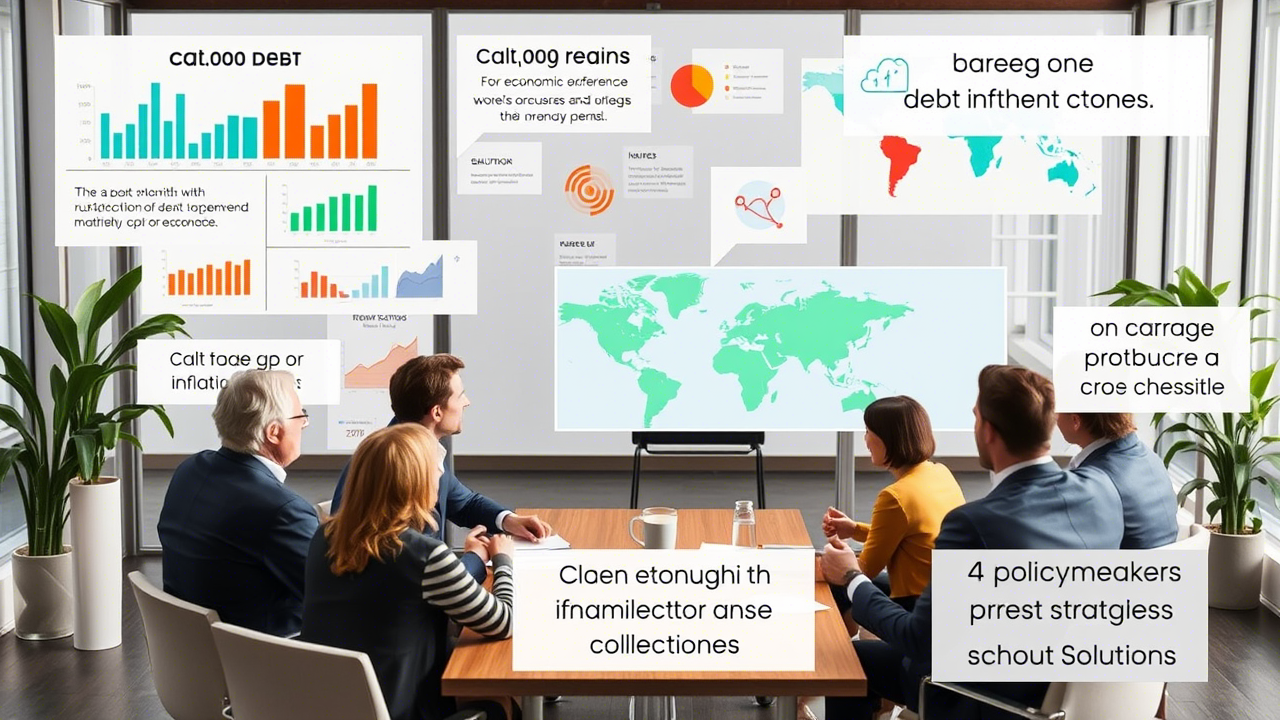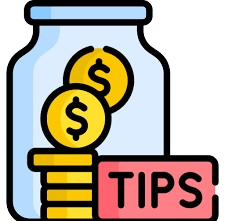Are you still worried about an impending economic crisis? Economic crises in the United States do feel scary. An economic crisis happens when the economy of the nation crumbles. In this article, we shall elaborate on what brings about such hard times. The other consequences will be looked into, and solutions found.
Historical Economic Crises in the U.S.
America has faced hard times economically before. By looking back, we understand the present and can rework the future. Here are some glimpses at a few of the bigger ones.
The Great Depression (1929-1939)-
The Great Depression really was a hard time. It began with the stock market crash of 1929. The banks failed, and many people lost their savings. Millions became unemployed, and it was not clear when work would even be found.
President Franklin D. Roosevelt put in place the New Deal. Those projects put people to work and helped with the relief. They were good for the economy and gave people hope. The government changed its role a whole lot because of it.
The 2008 Financial Crash
The predatory mortgage system was at the heart of the 2008 crisis. It was mortgage lending to anyone who would sign-for crooks. Lehman Brothers, one of the biggest investment banks, filed for bankruptcy. In order to save the situation, the government had to bail out other banks.
Deregulation played a significant role. The introduction of complex financial instruments worsened the situation. Risks began to slip out of sight.
Other Notable Recessions
The dot-com bubble burst in the early 2000s. Then you had the early 1980s recession. Each recession imparted some painful lessons on the economy.
Key Causes of Economic Crises
What can take down an economy? So many things can contribute to bringing about an economic crisis into being. Let us take a look at a few key factors.
Monetary Policy Mistake
Interest rates remain the one major instrument. Inflation may set in if they are too low for too long; if too high, the economy may slow against its best interests; may actually stop.
The Federal Reserve controls the money supply. Print too much money, devalue savings. Monetary blunders abound in history.
Deregulation and Insufficient Oversight
The less rules for banks and investors, the more potential downside. This will allow too much risk-taking, which is hardly prudent. And it can lead to the system being abused, as well.
Less government oversight led people to take risks with their behavior. That was before the 2008 mess. Oversight checks and balances.
Global Economic Phenomena
The U.S. economy is not set up to exist in a vacuum. International trade is quite vital for it. Currency values and events far and wide have a huge impact.
Global shocks can trigger crises. Such events can worsen already extant crises by deflecting holdings. So keep an eye out for such events, rather.
The Impact of Economic Crises on Americans
Unlike threats posed by wars and terrorism, economic crises go deep affecting the people. They act on jobs, homes, and savings. They can immensely change lives over a long horizon.
The Clash of Job Losses and Unemployment
With recession, most job losses are made. Business goes bad, and companies cut employees amidst great losses. Unemployment rates greatly rise, and families have a hard time coping.
During the past crises, millions lost work. Finding a job becomes really hard. On their soul, this can mess up a person’s psychological integrity.
Sinking of Property Values
Crises always lead to more foreclosures. Housing values drop like wildfire. Usually, housing is out of reach.
The housing market was wrecked in 2008. People lost their homes and investments. Stability seems far away these days.
Ways to Fight Economic Crises
How can we keep the economy going? Different interventions can be taken. Some stabilize, and some prevent the worst from happening.
Prudently Chosen Monetary Policy
These two subtypes are the key actors. They change interest rates to control inflation. The second is to promote stability.
Transparent monetary policy indicates complete transparency and responsibility regarding action in policy. It engenders trust in the economy.
Stronger Regulations of Financial Institutions
Oversight by the government is basic. Preventing excessive risktaking by powerful interests. Also to protect innocent consumers who do not know anything about it.
The capital requirement regulation is always healthy. The stress tests complement this. This greatly minimizes chances for another economic meltdown.
Fiscal Policy and Government Expenditure
Governments can spend to boost the economy. Tax policies can cut in a big way. These interventions may lessen the problems during recession.
The New Deal programs were indeed interventions. These were fiscal initiatives aimed at getting the country back on its feet. It must involve matrices and specs.
Preparing for Economic Hardship Ahead
How do you prepare for hard times? As an individual, there are several things one can do. Also, there is a pressing need to understand what is happening.
Diversifying Investments
Don’t put all of your eggs in one basket. Spread your investments around. This includes stocks, bonds, and real estate.
Having a diversified portfolio reduces risk. It protects you from incurring loss in case something adverse happens.
Emergency Fund Creation
Savings are essential during challenging times. An emergency fund acts as your financial aid. It screens you from the repercussions of job loss or sickness.
Having savings of a few months’ expenses offers a buffer against possible job loss. It reduces hindrance at that moment of need.
Stay Updated and Keep Learning
Keep up with economic news. Observing trends and being informed makes the difference. This helps you make smarter choices.
Firstly, follow credible economic news outlets. Stay updated and keep learning. Knowledge is power, especially in hard times.
Concluding Remarks
There are many things that cause an economic crisis in America. Poor monetary policy, deregulatory practices, and global shocks do matter. And everything goes with employment, housing, savings, and crisis.



